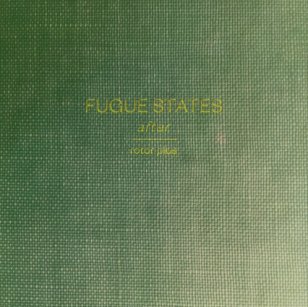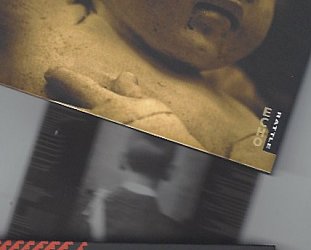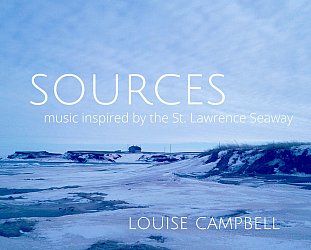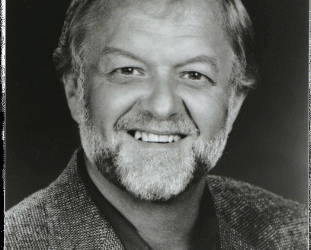Graham Reid | | 1 min read

Or from piano recorded so the notes have a long delay and seem to hang in the air.
Brian Eno famously described ambient music as that which was as ignorable as it was enjoyable. However “ambient noise” or “ambient sounds” have a rather different meaning in specific circumstances, they can mean recordings of sounds heard in particular places or circumstances.
In that meaning it is more akin to what we refer to as “field recordings”: sounds captured on tape outside the recording studio and which may include wind through the trees, passing traffic, voices, birds, rain and so on.
As John Cage knew when he wrote his famous piece 4' 33”, the absence of music by a performer doesn't mean silence.
Any time a performer sits at a piano, for example, and doesn't play it for 4' 33” the audience becomes aware of the ambient sounds around it: the shuffle of a chair, slightly embarrassed but stifled laughter, birds outside the window and so on.
There is a kind of music present in the “silence”.
Elsewhere has previously written about the work of New Zealand musician rotor plus (sometimes rotor, sometimes rotor +) whose music sometimes includes such ambient sounds . . . and these become more prominent in the second half of his Fugue States project (the first part Before we wrote about here).
rotor has integrated such ambient sounds, what we might call surface noise (scratches, clicks and pops) and musique concrete into his sonic landscapes, not simply for effect but to explore the relationships between the various elements.
“In this second album we can hear a descent into a fragmented and kaleidoscopic world of sound through found sound, field recordings, abandoned compositions and disintegrating sonics that compete for attention,” he says.
The result – as with the previous Fugue States – is a world of sound (and sometimes silence) which is freed from formal expectations and exists more on an experiential level.
“I love how something dissonant can become harmonious when given time and context,” he says. “I love how a field recording somehow begins to imply a rhythm as much as I love the music of a string quartet playing in close voicing.”
With attention to details of sound placement in sonic space, this Fugue State project works on many levels from the aural to the subliminal.
And yes, it is also sometimes “ambient” and certainly “atmospheric” in the more familiar meanings of those words.
.
These albums by rotor can be found at bandcamp here
See also Elsewhere's previous articles on rotor's projects – with an interview – starting here
.
These Further Outwhere pages are dedicated to sounds beyond songs, ideas outside the obvious, possibiltiies far from pop. Start the challenge here.





post a comment